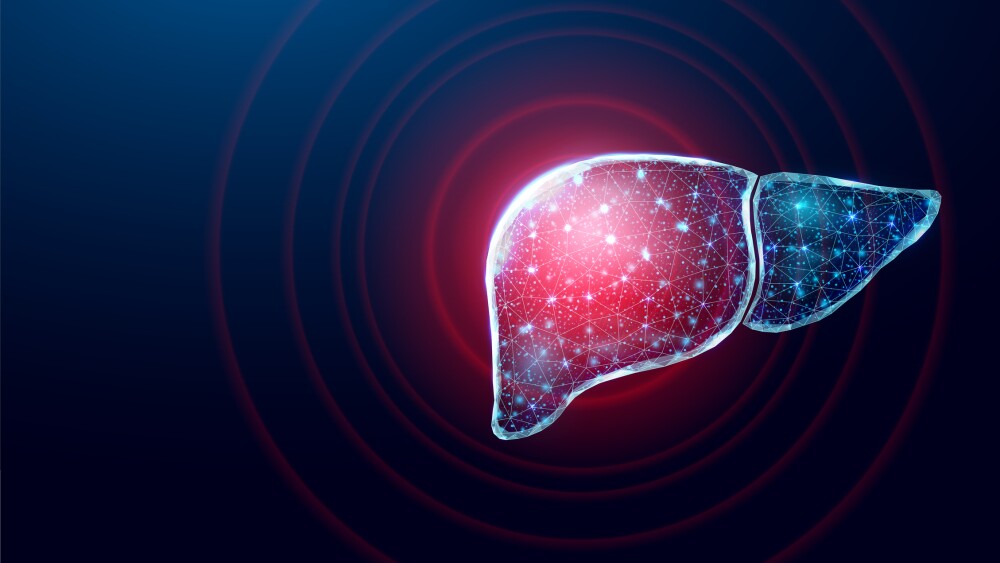Investors drove up the price of Kyverna Therapeutics’ stock by 59% in its initial public offering on Thursday afternoon, the first day of trading, reaching a peak per-share price of $35.01.
Pictured: Night view of the Nasdaq building in New York City/iStock, lucky-photographer
Shares of Kyverna Therapeutics jumped 59% on Thursday afternoon—the first day of trading—after its upsized initial public offering, according to Seeking Alpha.
Kyverna’s shares started trading at $34.25, more than $10 above its initial public offering (IPO) price of $22 per share. The biotech later hit a high of $35.01 in the afternoon.
Last week, Kyverna announced that it was gunning for a $182 million IPO at a potential per-share price of $18. However, on Thursday, the California-based biotech announced a larger-than-expected offering, putting up for sale 14.5 million shares of its common stock for $22 apiece for gross proceeds of $319 million.
Kyverna has also opened a 30-day option for underwriters to purchase up to 2.175 million more shares of its common stock at the IPO price.
Founded in 2018, Kyverna’s work is focused on developing cellular therapies against autoimmune diseases, leveraging advances in cell engineering for cancer indications. The potential market has earned Kyverna some high-profile backers throughout the years, including Gilead, which participated in the biotech’s $25 million Series A funding round in January 2020.
At the time, Gilead inked a strategic collaboration and license agreement with Kyverna, combining the biotech’s proprietary synthetic Treg platform with the pharma’s synNotch technology to develop engineered T-cell treatments for autoimmune diseases.
In August 2023, Kyverna raised $145 million in Series B funding. Gilead again participated in the financing round, along with new supporters Bain capital Life Sciences and GordonMD Global Investments.
Kyverna’s pipeline is led by its autologous CAR-T therapy candidate KYV-101, which targets the CD19 antigen and is being assessed for multiple sclerosis and myasthenia gravis. KYV-101 has the FDA’s Fast Track Designation for the latter indication. Kyverna is also running a Phase I/II study for KYV-101 in systemic sclerosis, as well as a Phase I study in lupus nephritis.
Beyond its lead candidate, Kyverna is also developing KYV-201, which is also an anti-CD19 CAR T therapy that targets the CD19, being assessed for autoimmune conditions. The biotech’s IPO haul will help it push KYV-201 into clinical development.
Kyverna’s strong debut comes despite the FDA’s push for a class-wide boxed warning for CAR-T therapies, though all currently approved products are for blood cancers. In November 2023, the regulator announced that it was looking into reports of secondary T-cell malignancies in patients treated with CAR-T therapies.
The FDA revealed more information from that probe last month, saying that it has so far detected 22 such cases of secondary cancers—three of which had the CAR transgene in a malignant clone, indicating a potential role of the CAR-T product in the development of the cancers.
Tristan Manalac is an independent science writer based in Metro Manila, Philippines. Reach out to him on LinkedIn or email him at tristan@tristanmanalac.com or tristan.manalac@biospace.com.






